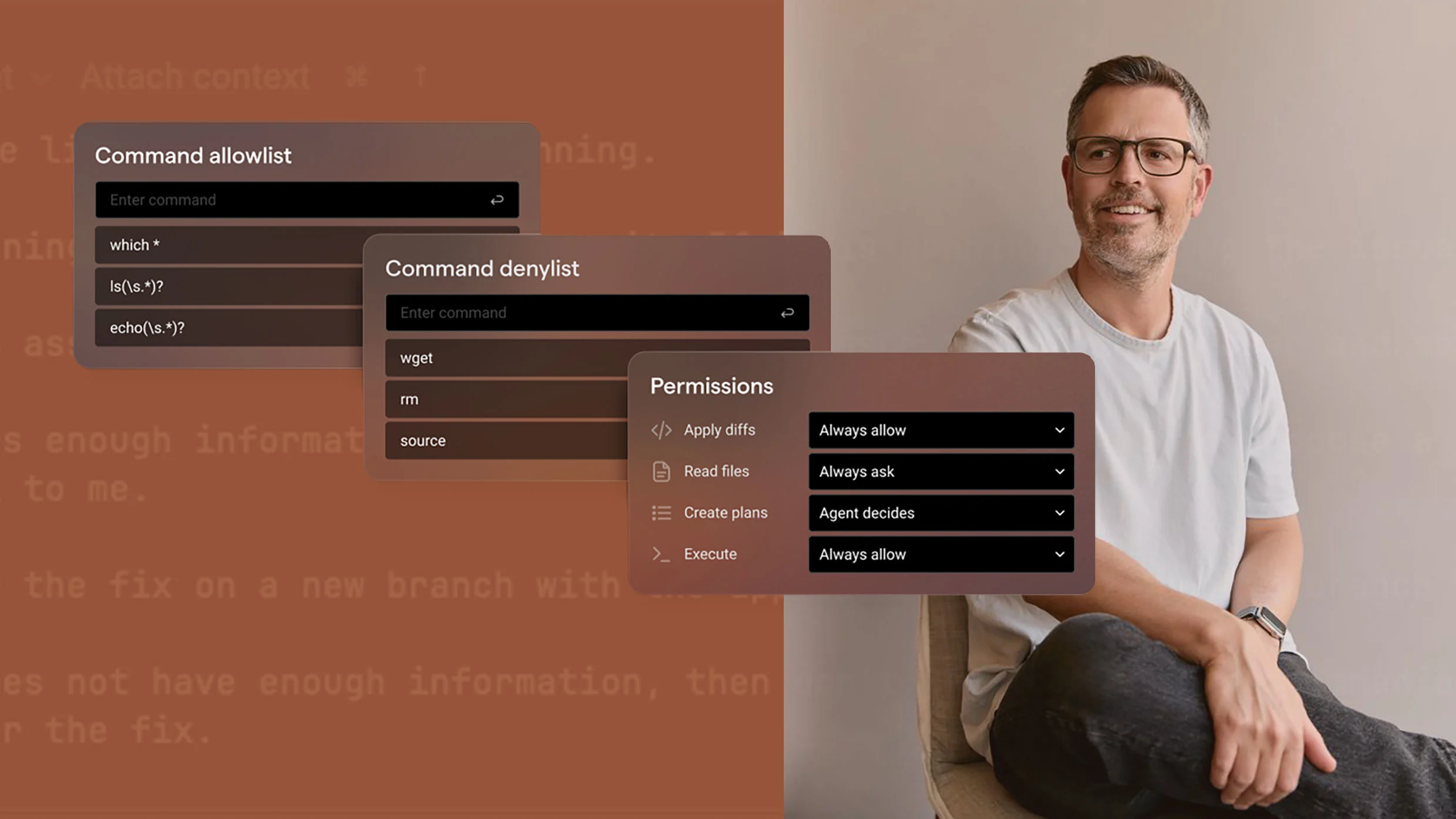AI-Enhanced Scams Threaten Remote Job Applications
Scammers are increasingly leveraging artificial intelligence to alter their appearances and craft fake profiles to apply for remote job postings, a recent research highlights. This new wave of tech-enabled deception enables scammers at almost every stage of the job application process to mask their true identities.
Using advanced AI tools, these fraudsters fabricate fake resumes, professional headshots, websites, and LinkedIn profiles, creating the illusion of the perfect candidate. Once they infiltrate a company, they can access confidential company information or inject malware, posing significant threats to business security.
While identity theft isn’t new, AI enables scammers to scale their operations more efficiently, leading to a growing problem. According to a study by Gartner, a research and advisory firm, it’s estimated that by 2028, one in four job applicants could be fraudulent.
Spotting the Fakes
A pivotal moment in uncovering these scams was when a video of an interview with an AI-manipulated job seeker went viral on LinkedIn, shared by Dawid Moczadlo, co-founder of Vidoc Security, a cybersecurity firm. Moczadlo expressed shock at the deception, stating, “I felt a little bit violated, because we are the security experts.”
When Moczadlo suspected the use of an AI filter during the interview, he devised a simple test by asking the candidate to place their hand in front of their face. The refusal to do so confirmed suspicions, leading to Moczadlo promptly terminating the interview. He explained that the software used by the scammer seemed unsophisticated, likely to malfunction if the face was obscured.
“Sometimes it takes a hacker to find a hacker,” Moczadlo remarked. It was the second instance of their company encountering such a situation, prompting Vidoc Security to revamp their hiring process. Now, potential hires are invited for a one-day, in-person interview, with Vidoc covering travel and costs to ensure greater security and peace of mind.
Patterns of Deception
These incidents are not isolated, as the Justice Department has uncovered various networks where North Korean nationals have used AI to craft false identities to secure remote jobs in the U.S. These efforts funnel U.S. dollars to their home country, even potentially funding the North Korean Ministry of Defense.
According to estimates, these fraudulent activities generate hundreds of millions of dollars annually. Moczadlo noted the similarities between Vidoc’s encounters with these schemes and those linked to North Korean networks.
“We are really lucky that we are security experts,” he added. “For companies with hiring managers or startup founders, spotting such sophisticated cons can be remarkably challenging.” The alarming frequency of such scams prompted Vidoc’s founders to create a guide to assist HR professionals in detecting potentially fraudulent applicants.
Protecting Against Scams
If you’re curious whether you’ve been targeted, the CBS News Confirmed team offers general best practices to verify the legitimacy of potential candidates:
- Scrutinize LinkedIn Profiles: Although a profile might appear genuine, check the creation date by selecting “About this profile” in the “More” menu. Ensure the individual has connections at their claimed former workplaces.
- Cultural Questions: Quiz about local favorites, such as cafes or restaurants, only a local would likely know.
- In-Person Meetings: Ultimately, meeting someone face-to-face is the most reliable way to confirm their identity, especially as AI technology becomes more sophisticated.
For more updates on tech-related news, subscribe to aitechtrend.com.
Note: This article is inspired by content from https://www.cbsnews.com/news/fake-job-seekers-flooding-market-artificial-intelligence/. It has been rephrased for originality. Images are credited to the original source.








